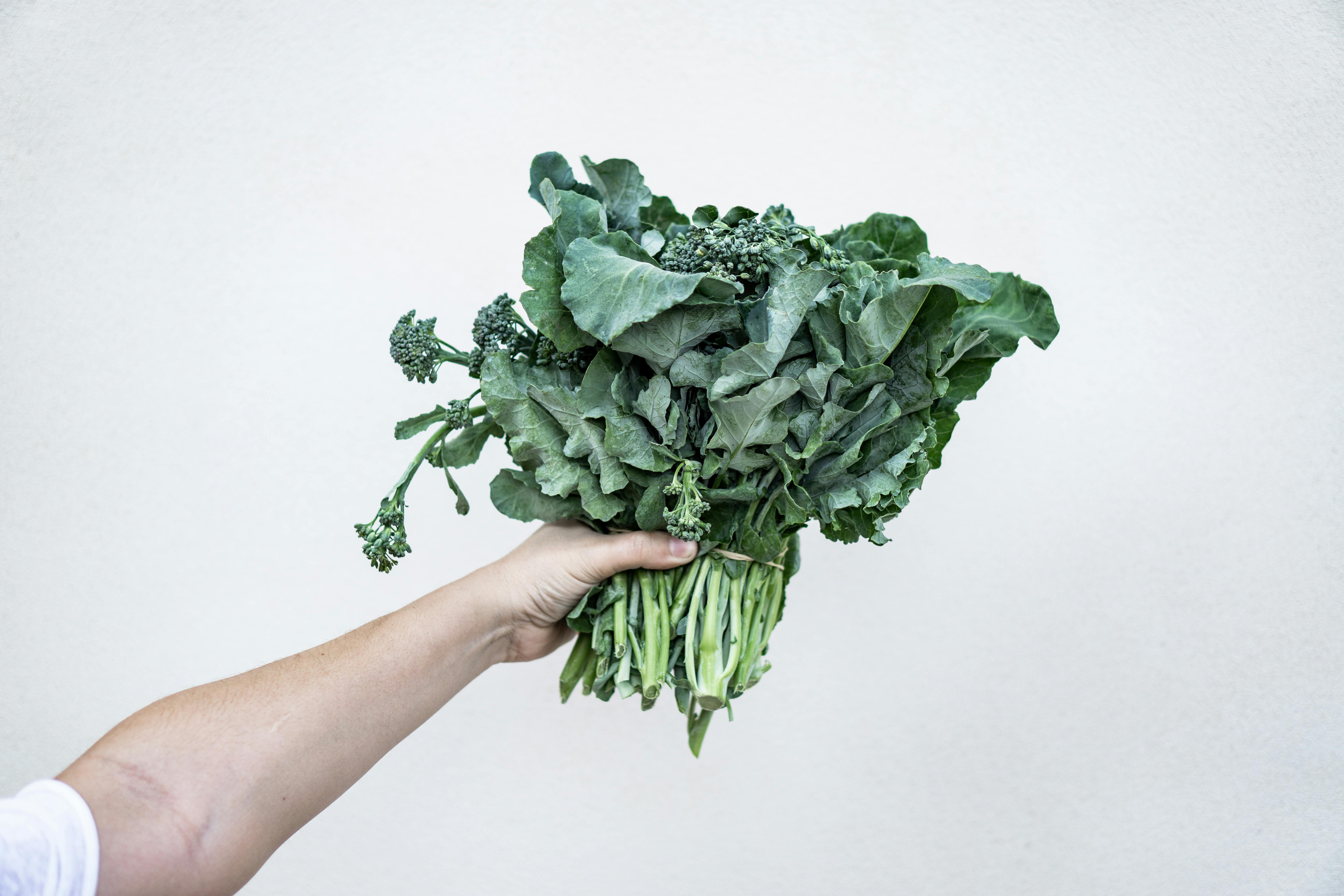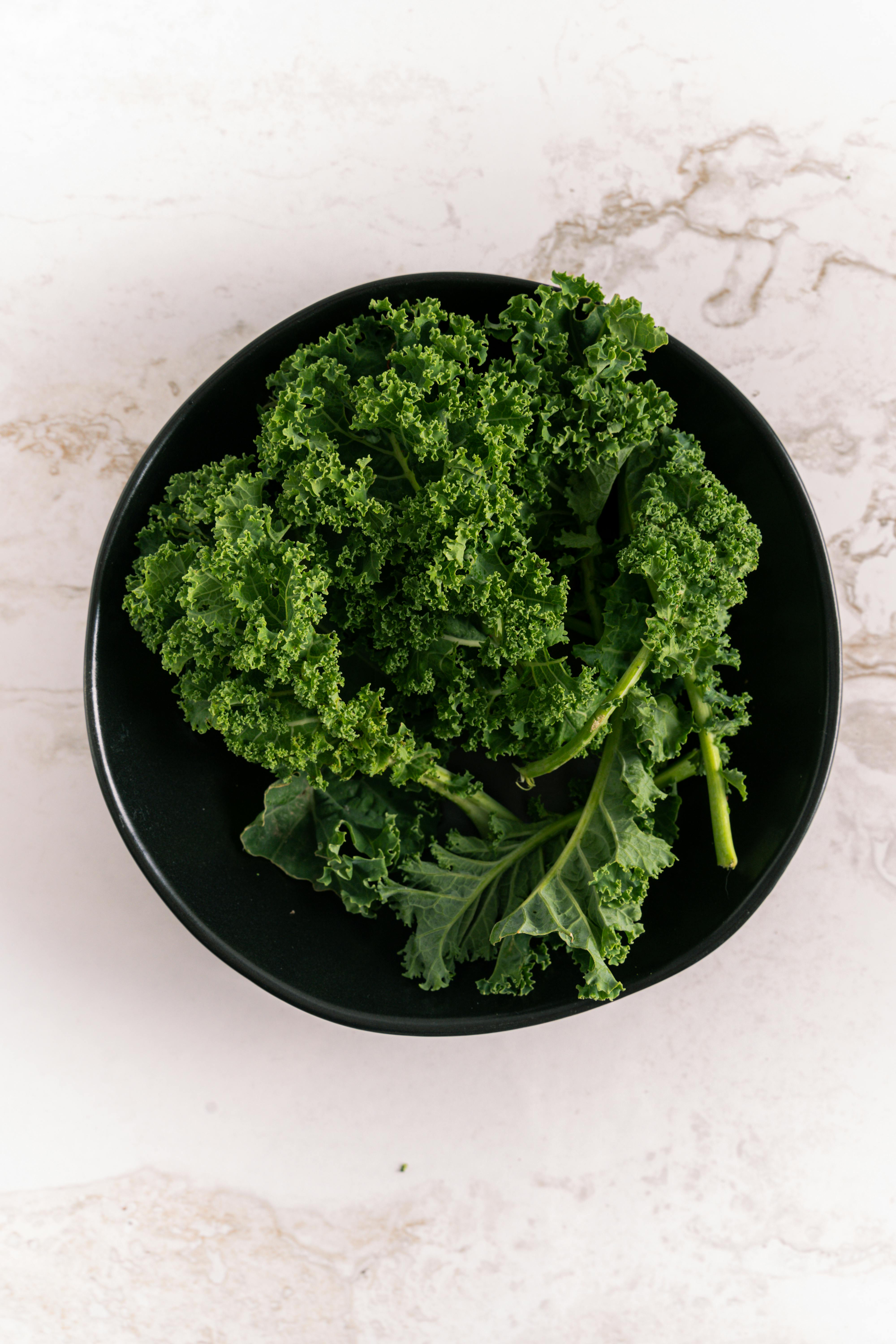Introduction to Kale and Its Nutritional Profile
This article contains bio remedy techniques aimed at helping cancer patients and also lowering the risk of those without it.
Kale or Brassica oleracea var. sabellica is a cruciferous vegetable akin to broccoli, cauliflower, and Brussels sprouts. This leafy green vegetable is considered to be one of the nutritionally dense foods since it is rich in vitamins A, C, K, and many types of vitamin B. Kale also contains several important minerals like calcium, potassium, and magnesium. What really holds the interest for kale in cancer prevention is its phytochemicals-these are bioactive compounds identified to exhibit anti-cancer properties.
Phytochemicals in Kale That Combat Cancer
Glucosinolates: Kale is rich in glucosinolates, sulfur-containing compounds that turn into biologically active forms during digestion. These compounds were shown to inhibit the growth of cancer cells through many mechanisms:
They can induce programmed cell death in cancer cells.
They detoxify carcinogens and improve the function of the liver.
Glucosinolates: Animal studies have demonstrated that glucosinolates inhibit tumor formation.
Carotenoids: Kale contains carotenoids such as lutein and zeaxanthin. These antioxidants protect cells from oxidative stress and inflammation, two processes involved in carcinogenesis. Some studies have linked high consumption of carotenoids to a reduced incidence of certain cancers.
Vitamin K is necessary for healthy cell replication and apoptosis. Vitamin K intake has been associated in some studies to decrease the risk for prostate cancer.
Fiber: Kale contains a significant amount of fiber that keeps the colon promoted with normal frequency. It can, in this way, reduce the chances of colorectal cancer due to its anti-inflammatory properties.
Organic Compounds to Enhance Kale Growth
the following organic materials can be used to grow kale organically and improve its anti-cancer properties.
Compost: Compost contains high organic nutrients and microorganisms that improve soil structure, fertility, and act as a source for growth to kale plants.
Bone Meal: Organic fertilizer with a high phosphorus percentage that ensures root development and flowering of any plant.
Fish Emulsion: Liquid fertilizer derived from fish waste is a source of balanced nitrogen, phosphorus, and potassium, with trace minerals critical to the healthy growth of plants.
Seaweed Extracts: Seaweeds contain organic growth regulators that help in the development of vigor in the plants by increasing resistance to adverse conditions.
Neem Oil: This organic pesticide is derived from the neem tree seeds and controls pest populations without harming the crops or beneficial insects.
Cover Crops: Planting cover crops in the off-season, such as clover or vetch, improves soil health through nitrogen fixation and prevents erosion.
By using these organic materials on a kale farm, farmers are assured of healthy plant growth but at the same time would not compromise care for environmental sustainability.
Biological Evidence Supporting Kale's Role in Cancer Prevention
Several studies have been conducted to define the relationship between cruciferous vegetables, including kale, and cancer prevention:
One meta-analysis published in Cancer Epidemiology Biomarkers & Prevention demonstrated an inverse association between higher intake of cruciferous vegetables and risk of lung cancer. Another, published in The Journal of Nutrition, found that participants who ate more leafy greens had lower rates of colorectal cancer.
A study reviewed in Nutrition Reviews indicated that dietary patterns high in fruits and vegetables, including kale, were related to a reduced risk of many cancers because of their antioxidant nature.
These findings give added weight to why kale should be integrated into one's diet, considering not just its nutrition value but also its probable stand against tumor genesis.
Conclusion Organic kale with the enhancement of useful substances would contribute to more sustainable agriculture. It may also be very beneficial for human health, due to its rich phytochemical varieties, that could minimize the development of cancer cells.
Health is wealth as it is popularly said and the moment everyone gets enlightened on the right medication to use in different ailments we will surely feel delighted for the great achievement.
Thank you very much for stopping by to read my post.


